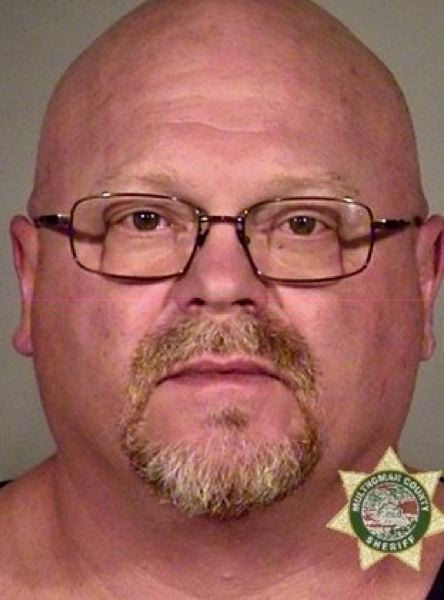PORTLAND, Ore. (PORTLAND TRIBUNE) — No one would stop to help.
That’s what haunted family members years after a beloved daughter was bludgeoned to death.
On the night she was killed in 1980, 19-year-old Barbara Mae Tucker frantically tried to flag down passing cars.
The sophomore had been walking to an evening class at Mt. Hood Community College when she ran onto Northeast Kane Drive. Witnesses told police that many drivers had to swerve and brake to keep from hitting her, and one car almost hit Tucker. One witness remembered seeing blood and mud on her face.
But no one pulled over to check on her, even as a man grabbed her arm and pulled her off the road and back into the woods near the campus.
Some witnesses even thought it was a college prank or a youthful game of dodging traffic.
That next morning, Barbara’s body was found by a fellow student in the shrubs. She had been sexually assaulted and beaten to death.
“It’s unreal that people care so little about another human being,” Louise Tucker, Barbara’s mother, told The Outlook a year after her daughter’s death.
It took four decades, and assistance from a break in DNA technology not available at the time, for an arrest to be made. Robert Plympton, 58, of Troutdale, was taken into custody by the Gresham Police Department on Tuesday, June 8, for the alleged rape and murder of Tucker. He was booked into the Multnomah County Jail.
Physical evidence from the scene was maintained, and a recent DNA profile match led investigators to Plympton.

Plympton was a 16-year-old student at Reynolds High School when the crime occurred, but the District Attorney’s Office said he will be charged and tried as an adult. He pleaded not guilty during his arraignment Wednesday, June 9.
Court records show Plympton was arrested in 1997 and accused of attempted sodomy and assault in an attack on a woman. Investigators believed Plympton drove her to a secluded place and attacked her. The case was dismissed due to insufficient evidence.
“These ‘cold cases’ are not lost or forgotten for our department,” said Interim Chief Claudio Grandjean. “Each one represents a person to our officers, and their tragic stories are passed down through the generations in hopes of one day bringing honor to their names and a sense of justice and closure to their cases.”
The Outlook ran a story Feb. 27, 2003, recounting the murder that had occurred more than 22 years earlier. In that article, Tucker was remembered by loved ones as “a free spirit; strong-willed; spiritual but not religious; very hardworking; and very dedicated.
She was the youngest of seven siblings, and often was thought of as the ‘baby’ of the family despite growing up to be a 5-foot-11, independent young woman. She played basketball at Cleveland High School, and was very involved with the Distributive Education Clubs of America (DECA) that prepped students for careers in businesses.
On the day she died, Tucker called her mother. She was planning to stop by a friend’s apartment for ice cream if her evening class got out early. Tucker never made it.
Neither of Barbara’s parents saw justice for their daughter. Her father, Albert Tucker, died in 1989. He could never bring himself to talk about his daughter’s death.
“He always leaves the room when I talk about her,” Louise said in 1981.
Louise died in 1995, but she never stopped seeking justice despite many signs pointing to the case never being solved. Through the years she stayed in contact with the Gresham Police Department and the Multnomah County District Attorney’s Office, refusing to let the case slip through the cracks.
She kept an informal, handwritten record of her attempts to find answers.
“If it takes 10 years, I don’t care,” she wrote several months after the murder. “I just can’t let it rest.”
